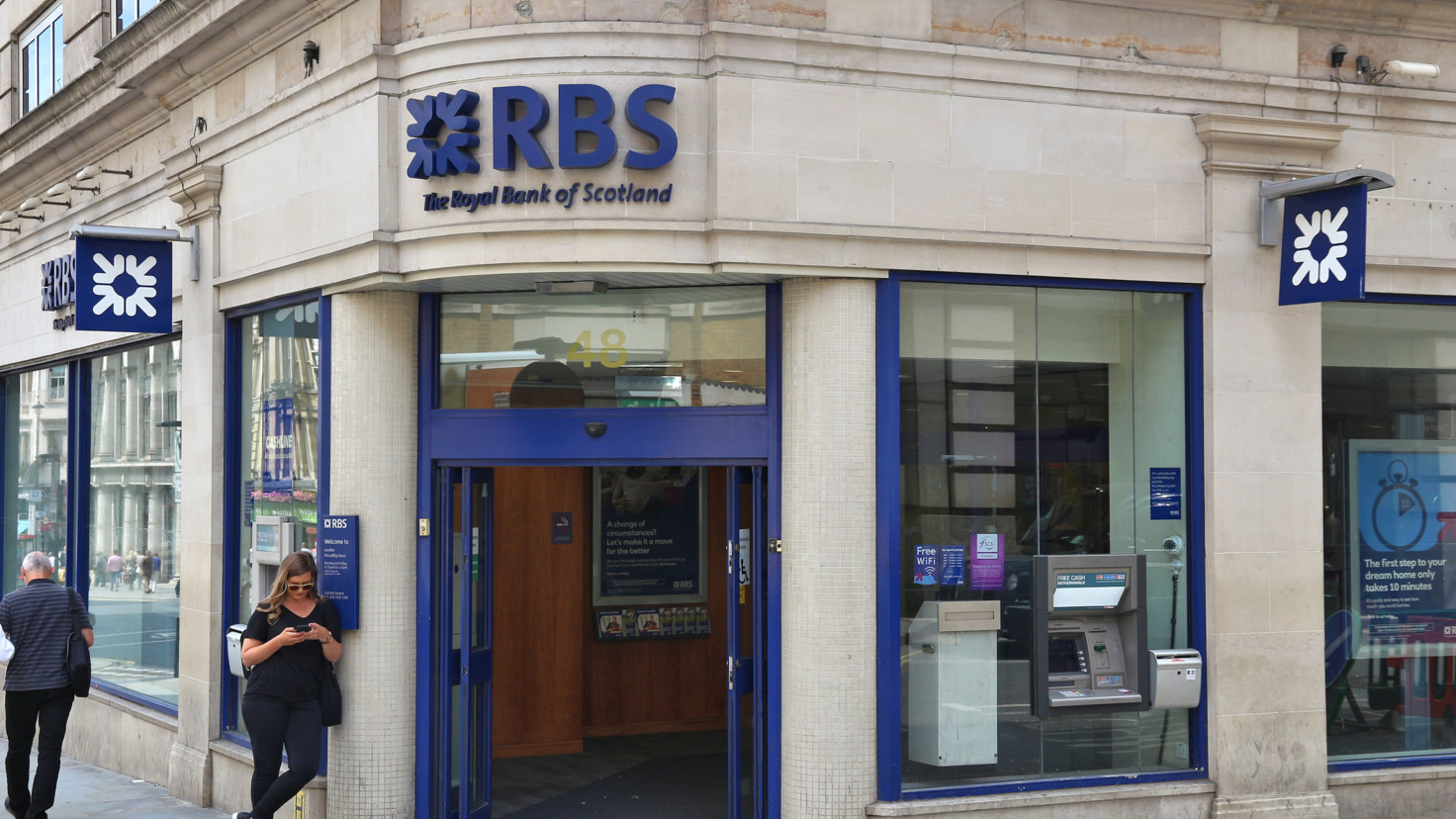The bank’s net profit fell 59 per cent to £288 million

Royal Bank of Scotland’s bad debt provisions increased almost tenfold in the first quarter, as it braced for a steep increase in pressured business customers.
The bank, which is majority-owned by the UK government, put aside £802 million to deal with an expected increase in defaults, compared with £86 million in the first quarter of last year. As a result, net profit fell 59 per cent to £288 million.
It also said it would wind down on Bo, its attempt to build a consumer-facing digital bank to compete with the likes of Monzo and Revolut, less than six months after its launch.
Despite the significant increase in impairments in percentage terms, the bank’s relatively small credit card business meant it took a smaller absolute hit than its main rivals Lloyds, Barclays and HSBC.
The biggest factor in its new provisions was an expected increase in defaults among its commercial banking customers.
Revenues fell 1.6 per cent year on year, to £3.2 billion, and RBS warned that the recent interest rate cuts would be a drag for the foreseeable future. It said it would maintain its efforts to cut costs this year, but withdrew most of its longer-term forecasts due to the unprecedented levels of uncertainty.
The bank said Bo would be closed as part of an effort to prioritise its investment spending on areas such as small business banking, where there has been an increase in demand during the pandemic.
RBS spent approximately £100 million on the project, which was led by Mark Bailie, the bank’s former chief operating officer. RBS said the technology used to create the app would be integrated into Mettle, a business-focused digital bank that chief executive Alison Rose launched while she was head of commercial banking.

 Hot Features
Hot Features













